by Mary Hrovat
 I recently read the wonderfully ambiguous sentence, “The love of stone is often unrequited” in Jeffrey Jerome Cohen’s book Stone: An Ecology of the Inhuman. It inspired me to write love letters to stones.
I recently read the wonderfully ambiguous sentence, “The love of stone is often unrequited” in Jeffrey Jerome Cohen’s book Stone: An Ecology of the Inhuman. It inspired me to write love letters to stones.
To the mysterious front-yard stone
For a couple of years, when I was a very small child, you were part of my everyday life in southern California. I remember you as gray and white, granular, maybe a little sparkly. You rose unexpectedly from the front lawn, a small, more or less rectilinear interruption of order. You seemed to be made for children to sit on or around, a little stony chair or small narrow table.
We were lucky; no one else had a stone in their lawn. I don’t know why you were there; I assumed that you were too big to be moved. At the time, you were an everyday part of my world, like the trellised back porch permanently enveloped in gentle green shade or the peach and plum trees growing in the back yard.
I see from street view on Google Maps that you’re not there any more. The house has also lost that porch and those fruit trees, which were replaced with a swimming pool surrounded by concrete. Well, we moved out of that house more than 50 years ago; it’s bound to have changed. Still, I would have guessed that you would outlast the house and everything else on that lot. I suppose you weren’t as large or immoveable as I thought you were, and someone got tired of mowing around you. I wonder now how you came to be there and where you went. I hope you’re still yourself, whatever and wherever you are. Read more »

 Nabil Anani. Life in The Village.
Nabil Anani. Life in The Village.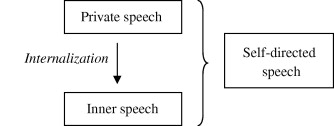
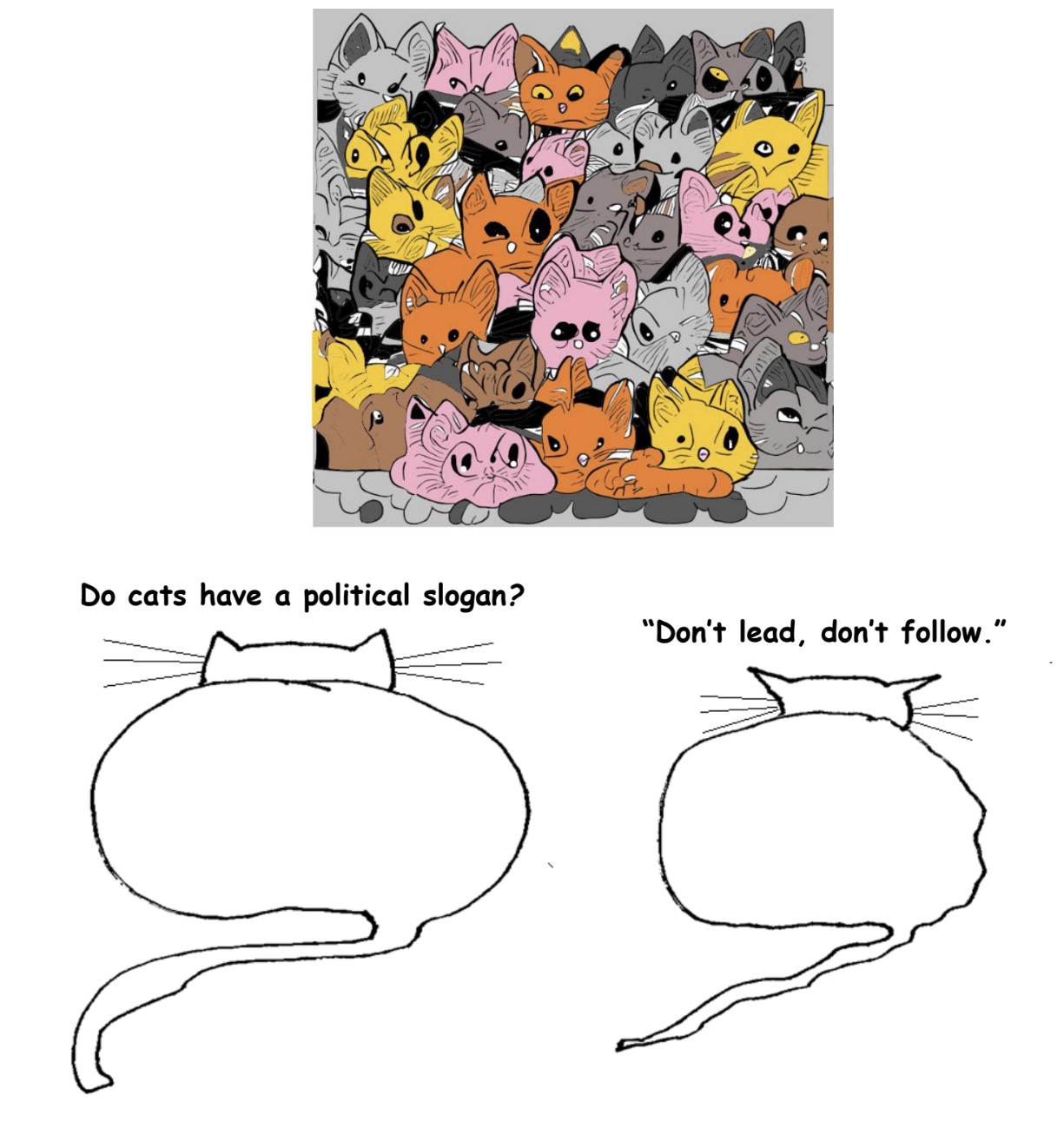


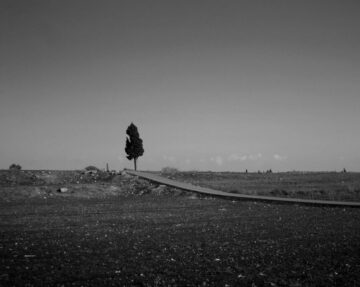



 .
.
 I simply can’t seem to stop writing the same essay over and over. This is, I admit, not a great opening to a new essay. If all I do is repeat myself, why bother reading something new from me? Fair enough. You’ve heard it all before. But allow me one objection, which is that many writers write the same novel repeatedly, many filmmakers create the same movie multiple times, and these are often the best novelists and filmmakers. Now, I don’t mean to put myself in this category, but I can take solace in the fact that the greats do the same thing I seem to be fated to do.
I simply can’t seem to stop writing the same essay over and over. This is, I admit, not a great opening to a new essay. If all I do is repeat myself, why bother reading something new from me? Fair enough. You’ve heard it all before. But allow me one objection, which is that many writers write the same novel repeatedly, many filmmakers create the same movie multiple times, and these are often the best novelists and filmmakers. Now, I don’t mean to put myself in this category, but I can take solace in the fact that the greats do the same thing I seem to be fated to do.
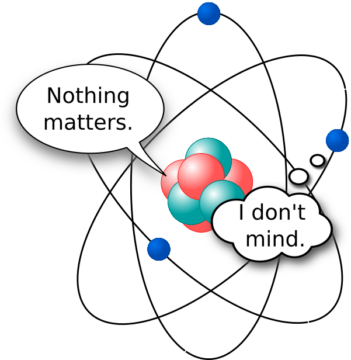

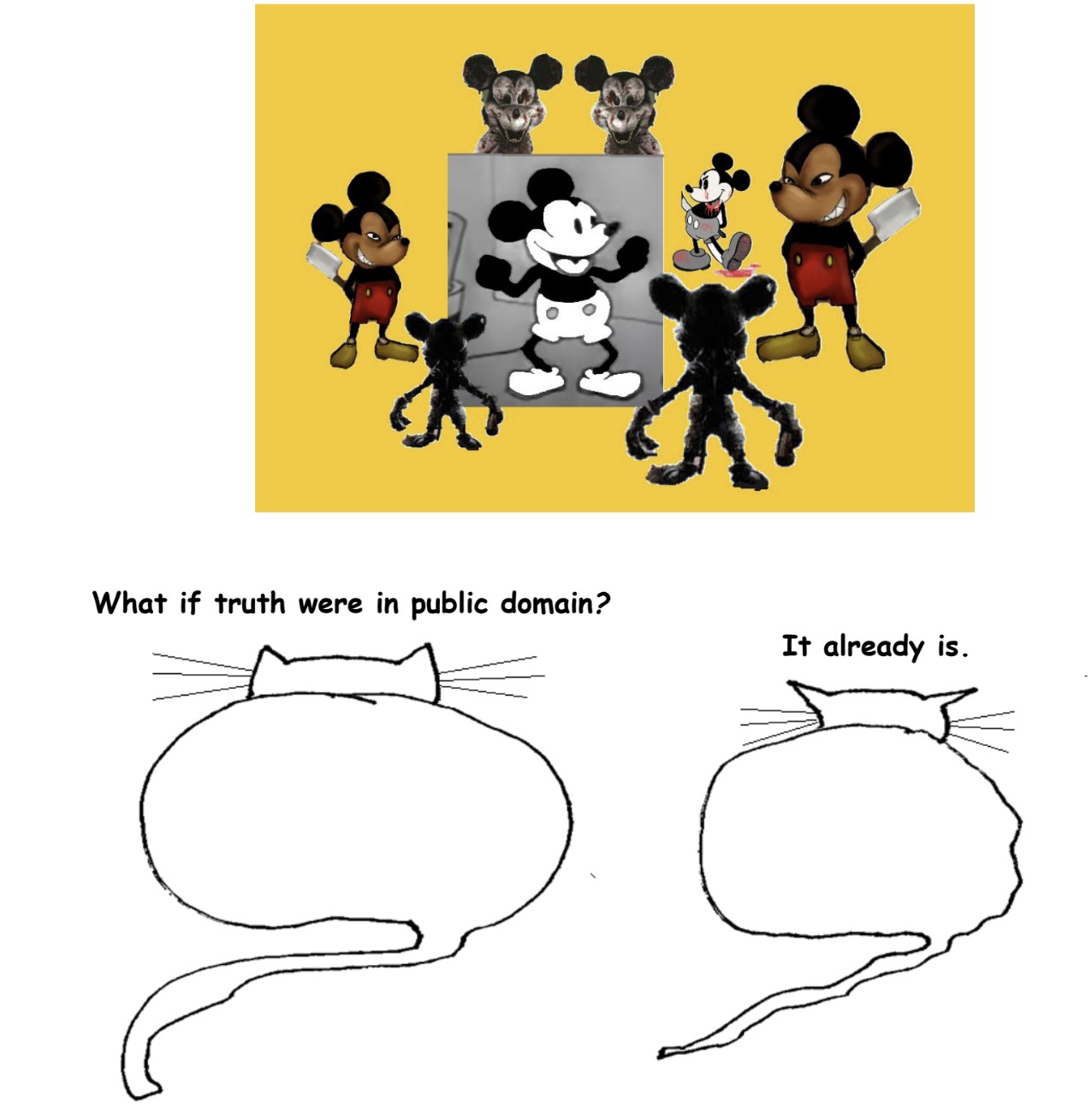
 book that convulsed me with giggles. It was a collection of cartoons by Abner Dean called What Am I Doing Here? I couldn’t read, and I didn’t understand what was happening in the pictures, but the people in the cartoons were naked! You could see their tushies! It just cracked me up.
book that convulsed me with giggles. It was a collection of cartoons by Abner Dean called What Am I Doing Here? I couldn’t read, and I didn’t understand what was happening in the pictures, but the people in the cartoons were naked! You could see their tushies! It just cracked me up.